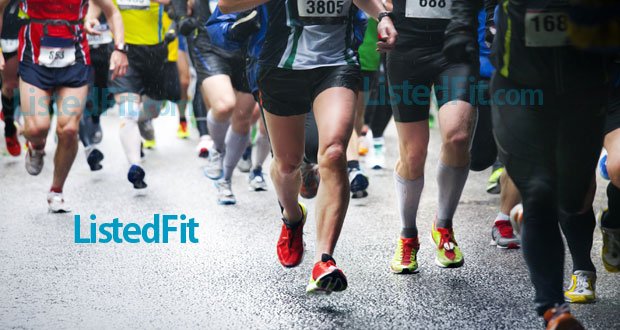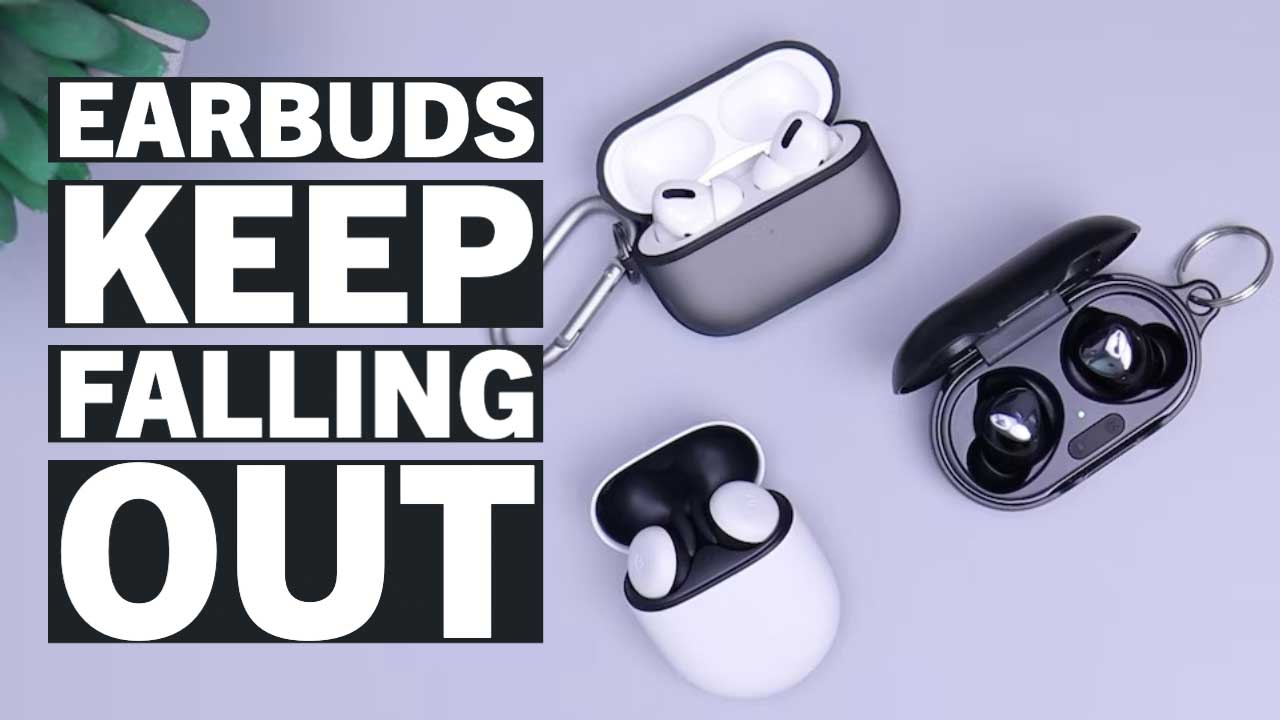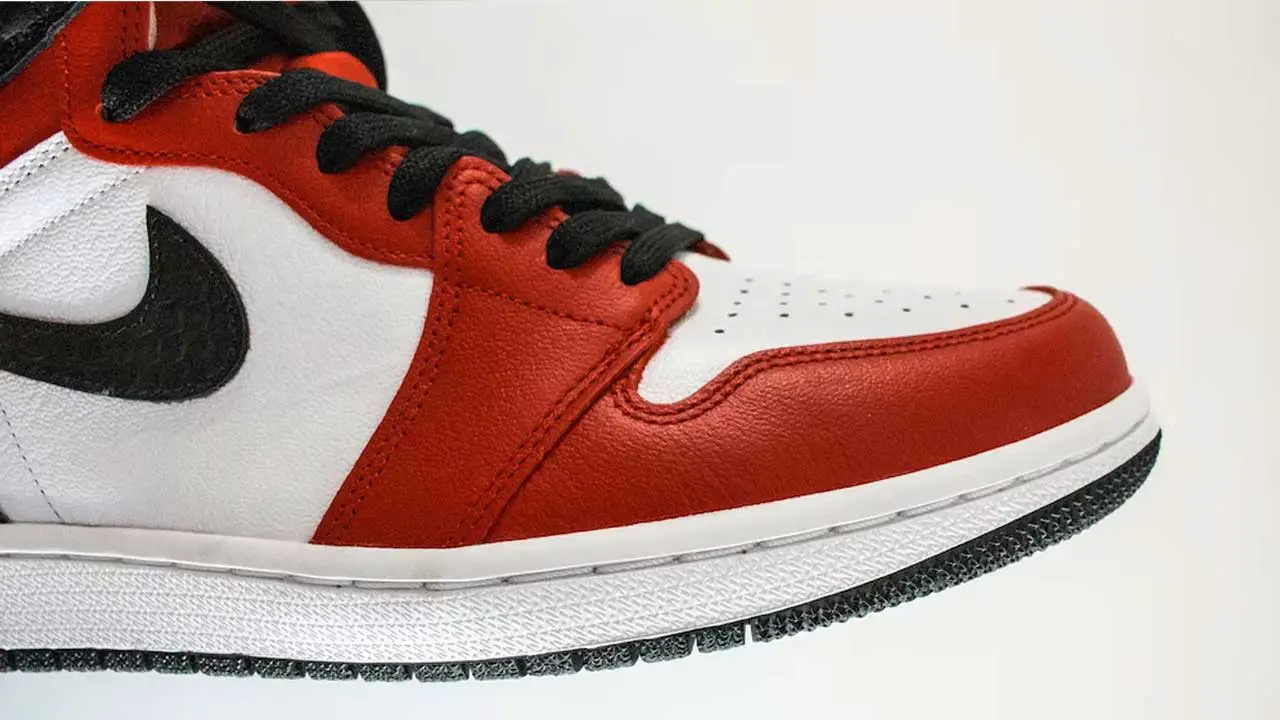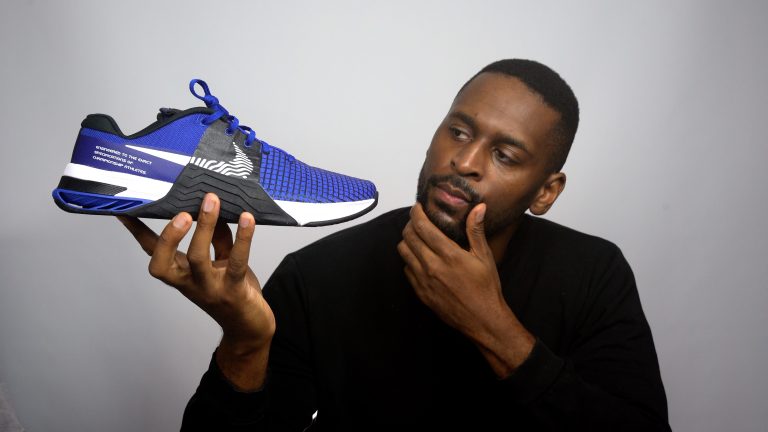Top 4 Tips: How To Train For A Marathon

ListedFit is reader-supported. When you buy through links on our site, we may earn a small commission.
How to Train for a Marathon
London, Edinburgh, Boston are some of the most popular marathons out there. Many months of training go into these sports events and we look on in awe as new world records of distance running are broken on the finish line. Many would like to know how to train for a marathon.
Running a marathon is not as simple as it sounds. In fact, it can be very hard on the body particularly if it is your first time to do so. This is why training is important for runners prior to a marathon. If you will be joining one, here are the best tips on how to train for a marathon.
How To Train For A Marathon
1. Get a Goal
If you have not ran a marathon before or perhaps competed in a race, you may want to get a goal. This is more than just getting to the finish line. Take it one step at a time and don’t pressure yourself more so if you are training. You should also not focus on your finish time. If you focus on your target finish time, you might go too fast in the early stages of the race which is not good as you should follow an appropriate pace for yourself.
2. Run at a Slow, Steady Pace
Many people think that when running a marathon, faster is better. However, that is not always true. In fact, slower may be better. Experts advise slowing down into a steady aerobic pace which is about 70 percent below your maximum heart rate. You can also speed up to 80 percent of your maximum heart rate which will allow you to get to your peak performance. If you are not easily comfortable with it, don’t worry as it can usually take some time to get used to it.
3. Don’t Overload on Carbs
One of the mistakes that runners make when learning how to train for a marathon is overloading on carbs. While it is true that your body needs carbs to fuel itself, you would need to include nutrients such as protein as well. In fact, there are studies which show that you will be needing more protein while training for a marathon as it is essential in recovering and repairing muscles. An ideal post-training snack contains around 50 g of carbs and 20 g of protein.
4. Don’t Do Long Runs Often
It might make sense to do long runs often, perhaps twice a week, leading up to a marathon. However, many fitness experts say that this may not be effective and necessary particularly for newbies. If you do long runs weekly, you may only feel tired and worn out on the day of the marathon. What you may want to do is mix up the training. Do a few hours of running per week as well as strength training to get a complete workout. It is also ideal to determine your ideal pace. You should run around 30 to 90 seconds slower per mile than your desired pace during the marathon. As the day of the race gets nearer, you can add more miles and speed into your pace. You will be able to decide which pace works best for you and your level of fitness.
Author
Latest entries
 FitnessAugust 19, 2023Yohimbe vs Yohimbine: A Quick Comparison Guide
FitnessAugust 19, 2023Yohimbe vs Yohimbine: A Quick Comparison Guide AshwagandhaJune 16, 2023Is Ashwagandha Good for Working Out? Key Benefits Explored
AshwagandhaJune 16, 2023Is Ashwagandha Good for Working Out? Key Benefits Explored Sports HeadphonesMay 25, 2023Why Your EarBuds Keep Falling Out – Quick and Easy Solutions
Sports HeadphonesMay 25, 2023Why Your EarBuds Keep Falling Out – Quick and Easy Solutions Nike ShoesMay 12, 2023Do Nikes Run Big or Small? Decoding the Perfect Fit
Nike ShoesMay 12, 2023Do Nikes Run Big or Small? Decoding the Perfect Fit
Affiliates:
This post may contain affiliate links that at no additional cost to you, the site may earn a small commission. We only recommend products we would use ourselves and all opinions expressed on this site are our own.
General Advice:
The information provided in this article is for general informational purposes only. It is not intended as a substitute for professional advice. Always consult with a qualified healthcare professional before starting any new diet, exercise program, or making changes to your health routine.
Accuracy Advice:
While we strive to provide up-to-date and accurate information, the content in this article may not reflect the most current research or medical guidelines. We encourage readers to do further research and consult with professionals for more personalized advice.
Our Recommendations:
The products and services mentioned in any of our articles are recommended based on our independent research and personal experience. We are not sponsored by any company. We aim to suggest products and services we believe are of high quality and could be beneficial to our readers.





